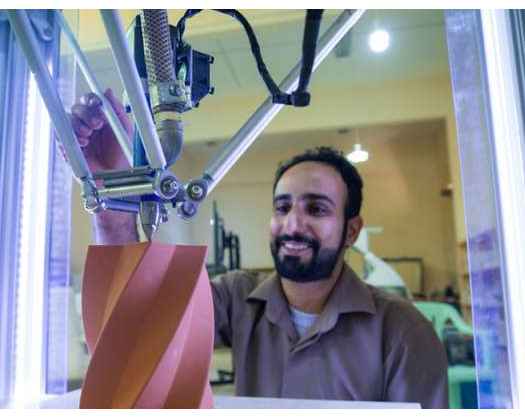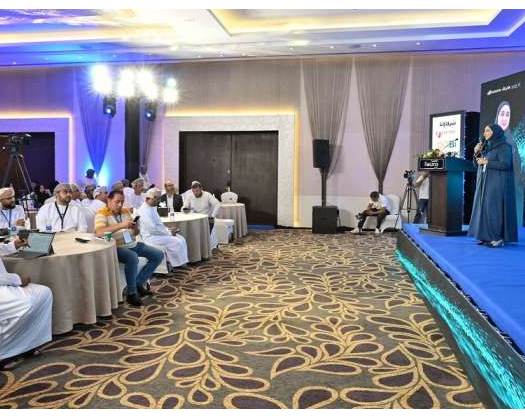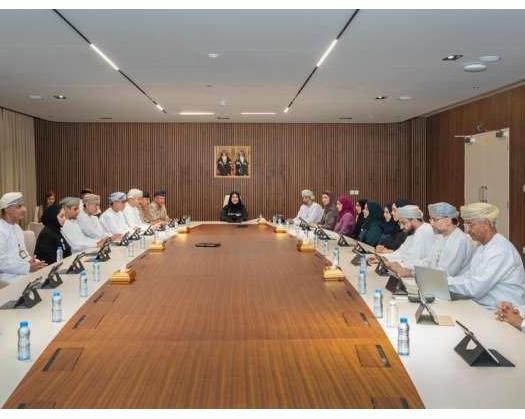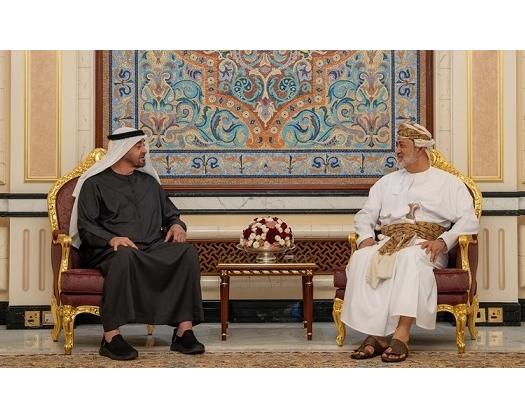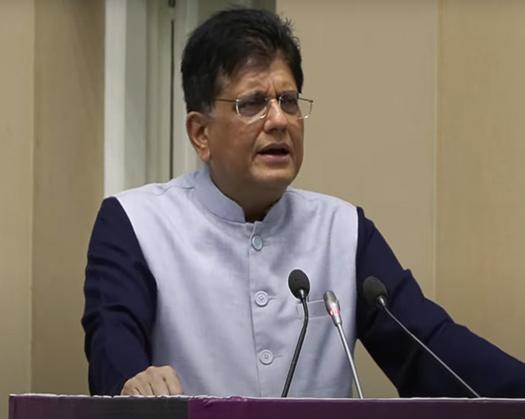Muscat: A significant shift in financial behaviors has been observed in Oman, with mobile payments experiencing a substantial increase in 2023. This trend signifies a crucial step towards embracing digital financial solutions within the country. The rise in mobile transactions is indicative of a broader transformation in the payment landscape, spurred by the Central Bank of Oman’s continuous initiatives to modernize and secure the nation’s payment systems.
This remarkable growth in mobile payments aligns with the objectives of Oman Vision 2040, aiming to establish the Sultanate as a frontrunner in the region's digital financial advancements.
The Central Bank of Oman (CBO) has made notable progress in bolstering the national economy by integrating cutting-edge technologies to improve financial infrastructure.
In its pursuit of a robust and efficient financial ecosystem, the bank has prioritized the enhancement of the National Payment System (NPS), which supports a diverse array of transactions throughout the country, ranging from high-value fund transfers to routine consumer purchases.
The NPS encompasses systems such as the Real-Time Gross Settlement (RTGS), Automated Clearing House (ACH), and the Mobile Payments Clearing and Settlement System (MPCSS), all of which are essential for optimizing the nation’s financial operations.
In 2023, the MPCSS recorded an extraordinary increase in mobile transactions, soaring from 4.9 million in 2022 to 40 million by the close of 2023.
The impressive 700% increase in transaction volume underscores a swift transition to mobile payments, demonstrating the rising demand for faster and more secure money transfer options.
Additionally, the funds processed through the MPCSS system saw a significant increase, totaling OMR1.44 billion over a two-year span.
This notable growth indicates a strong preference for mobile payments, which provide greater convenience and security, becoming an increasingly favored option for consumers and businesses nationwide.
In parallel, the RTGS system, responsible for large-value payments among financial institutions, experienced a 17% rise in transaction value, reaching OMR 209 billion in 2023. While the number of transactions declined, this trend is typical for RTGS, which generally processes fewer but higher-value payments. The system's expansion reflects a consistent demand for secure, real-time settlement of interbank transactions, further solidifying Oman’s financial stability.
Retail payment systems also demonstrated significant growth, with the total number of transactions rising by 41% to 395 million in 2023. The value of these retail payments increased by 16%, amounting to OMR 31.9 billion in 2023. This surge highlights a broader trend towards digital payment solutions, as residents of Oman increasingly choose electronic transactions for a wide range of activities, from daily purchases to business transactions.
Card-based transactions
Card-based transactions on the OmanNet network experienced a significant increase of 30%, culminating in 329 million transactions by the close of 2023, with a total transaction value of OMR 6.4 billion. This growth is largely attributed to the extensive implementation of Point-of-Sale (POS) systems, which have become essential in the retail sector across the country.
Similarly, the Automated Clearing House (ACH) system, which supports recurring payments like salaries, recorded an impressive 18% rise in both transaction volume and value during 2023. By year-end, the ACH processed 21.9 million transactions amounting to OMR 13.5 billion, benefiting from its capability to manage payments continuously. This increase in ACH transactions highlights the increasing dependence on digital solutions for streamlined and automated financial processes.
Conversely, traditional payment methods, particularly cheques, are witnessing a decline in usage. The number of cheques processed through the Electronic Cheque Clearing (ECC) system fell by 1% in 2023, totaling 3.7 million cheques by the end of the year. Nevertheless, the value of these cheques saw a modest rise, reaching OMR 10 billion, indicating that while the use of cheques is diminishing, they still maintain a presence in Oman’s financial landscape.
Significant Growth in Wages Protection System
The Wages Protection System (WPS), implemented by the Ministry of Labour, has played a crucial role in promoting digital payments, leading to a notable increase in salary-related transactions. In 2023, the volume of salary transactions rose by 3%, while their total value saw a 4% increase.
The WPS has facilitated the prompt and secure disbursement of salaries, enhancing financial inclusion and encouraging both businesses and employees to adopt digital payment methods.
These trends highlight Oman’s increasing acceptance of digital payment solutions, which are reshaping the nation’s financial environment. With mobile payments at the forefront, the Central Bank's initiatives to modernize payment systems and improve financial infrastructure are essential in influencing Oman’s economic trajectory.
Decline in ATM Transactions
OmanNet has experienced significant shifts in its electronic payment channels over the past year. ATM transactions fell by 11% in 2023, following a 15% decrease in 2022, indicating a move away from conventional cash-based systems. Conversely, digital payment channels have seen substantial growth, with point-of-sale (POS) transactions rising from 68% in 2022 to 74% in 2023. This increase is likely attributed to the broader adoption of POS technology and the growing acceptance of digital payments.
At the same time, e-commerce transactions experienced a slight decline, decreasing from 17% in 2022 to 15% in 2023. This shift reflects changing consumer preferences, with an increasing interest in alternative payment options.


